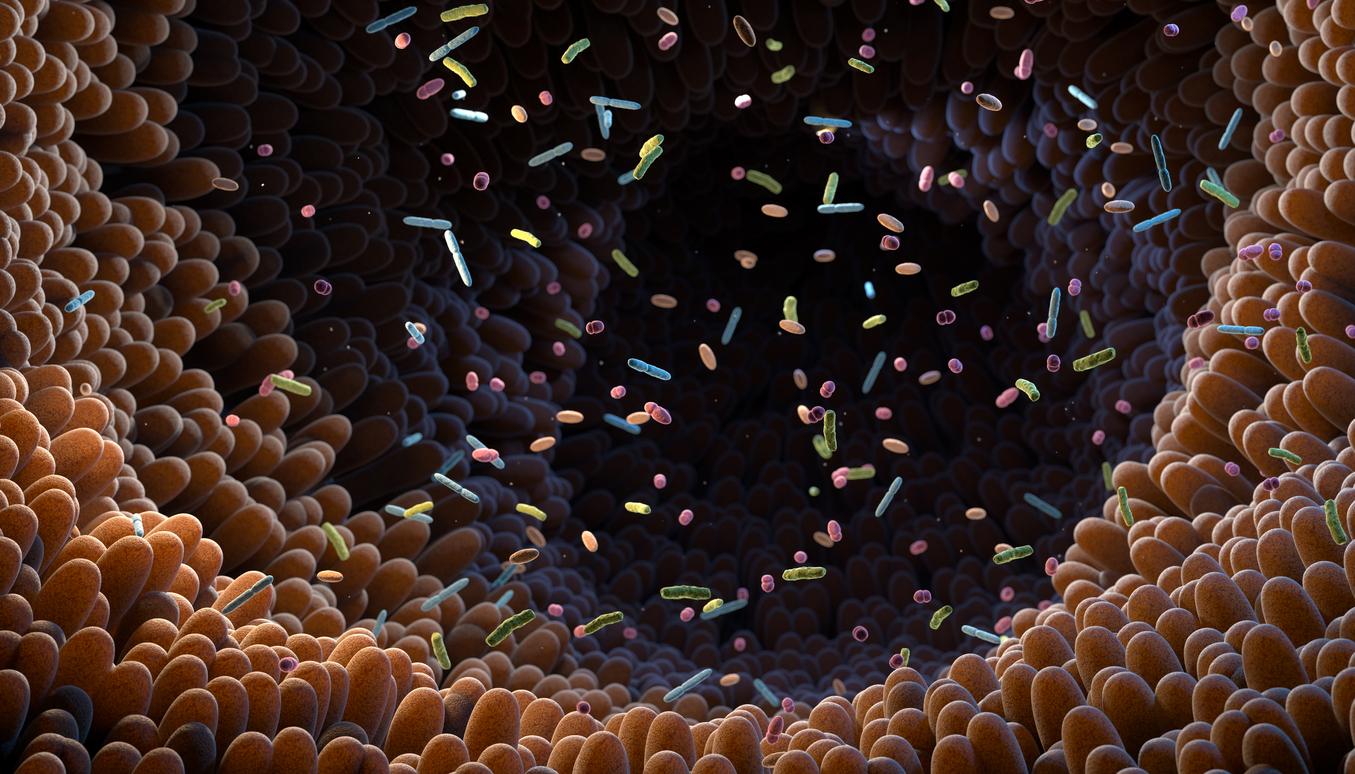Instead of analyzing the changes caused by the Alzheimer’s disease, researchers at Harvard University in the United States wondered why this disease affects the elderly. And they found the answer, published by the journal Nature : protein REST (RE1-Silencing Transcription factor), supposed to protect neurons from external attacks, is absent in these patients. It is present during the development of the brain of the fetus but only activates later, in order to protect the brain. Indeed, the researchers observed very low levels of the protein in 20-35 year olds, but much higher in healthy people aged 73 and over.
A flaw in the defense system
In patients withAlzheimer’s, the level drops in the brain areas of the prefrontal cortex and the hippocampus, responsible for learning, memory and organization. “Our work underscores the possibility that the presence of abnormal protein clusters associated with Alzheimer’s disease and other neurodegenerative diseases are not enough to cause dementia; there may also be flaws in the brain’s defense system.” , explains Bruce Yankner, professor of genetics and main author of the study, quoted by the Huffington Post.
According to the researchers, restoring a sufficient level of REST proteins could help the elderly resist Alzheimer’s disease and other neurodegenerative diseases. Hope for the development of a new molecule capable of treating the disease is also emerging thanks to this discovery.

















